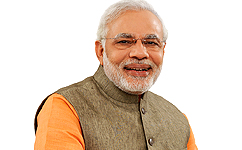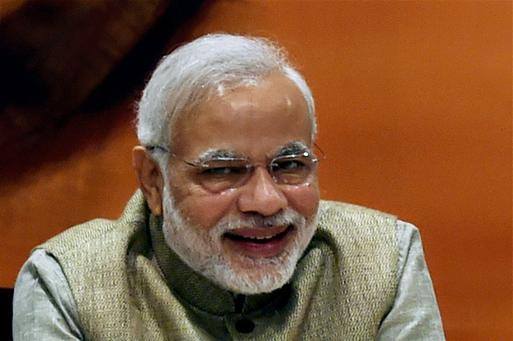New Delhi– On the back of improved monetary policy and recent reforms towards opening up the economy, India has jumped 16 places in the Global Competitiveness Index (GCI) to 39th spot, the World Economic Forum (WEF) has said.
“India climbs, for the second year in a row, to 39th. Its 16-place improvement is the largest this year, thanks to improved monetary and fiscal policies as well as lower oil prices,” the WEF said in its Global Competitiveness Report 2016-17 published on Wednesday.
The Indian economy has stabilised and now boasts of the highest growth among the G-20 countries, the report underlined.
“Recent reform efforts have concentrated on improving public institutions, opening the economy to foreign investors and international trade, and increasing transparency in the financial system,” it stated.
The report also highlighted that India happens to be the second-most competitive economy among the BRICS (Brazil, Russia, India, China and South Africa) countries, with China ahead at 28th spot.
Switzerland, Singapore and the United States remained the world’s most competitive economies in the report that assesses the competitiveness landscape of 138 economies, providing insight into the drivers of their productivity and prosperity.

The report emphasised that updated business practices and investment in innovation are now as important as infrastructure, skills and efficient markets.
Crediting Prime Minister Narendra Modi’s government for undertaking reforms, the report said, “India’s competitiveness score stagnated between 2007 and 2014, and the economy slipped down the GCI rankings. Since the new government took office in 2014, India climbed up the rankings to 39th in this edition of the report.”
Improvement in infrastructure was small and faltering, but picked up after 2014, when the government increased public investment and sped up approval procedures to attract private resources, it said.
“The institutional environment deteriorated until 2014, as mounting governance scandals and seemingly unmanageable inefficiencies saw businesses lose trust in government and public administration, but this trend was also reversed after 2014,” it added.
But still a lot needs to be done in the manufacturing sector, which has millions of unprotected and informal workers, the report stated. (IANS)








